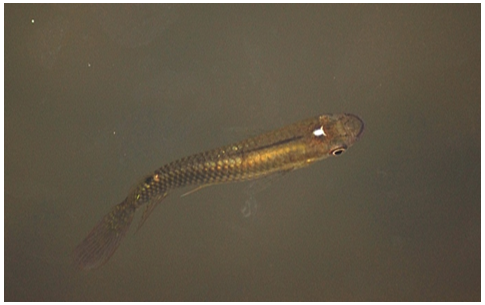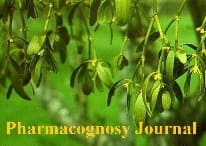International Journal of Fisheries and Aquatic Studies
Volume 1, Issue 6, 2014
A study on the influence of certain eco–physiological factors on predation efficiency of Aplocheilus panchax
Author(s): Divya.S.Rajan
Abstract: Mosquitoes are the vectors of serious vector borne diseases, causing millions of deaths every year. Vector control using agents of chemical origin, continues to be practiced in the control of vector borne diseases. However, due to some drawbacks including lack of selectivity, environmental contamination and emergence and spread of vector resistance, development of natural product for vector control has been a priority in this area. Malaria, dengue fever, yellow fever, chikungunya, filariasis are some common examples of vector borne diseases. Fishes may be alternative sources of mosquito control agents. In the present study a representative larvicidal fish, Aplocheilus panchax has been chosen and an attempt has been made to predict the course of predation processes on the basis of certain environmental factors. The study revealed that predation efficiency is dependent on the eco-physiological factors such as temperature, illumination, fish size and to a certain extent the hydrogen ion concentration. It is obvious on the basis of predatory capacity, Aplocheilus panchax deserves an important role in the control of mosquito larvae.

Fig: Aplocheilus panchax
Download Full Article: Click Here
Journal is Indexed and Abstracted in following Database(s).
    |
    |
       |

